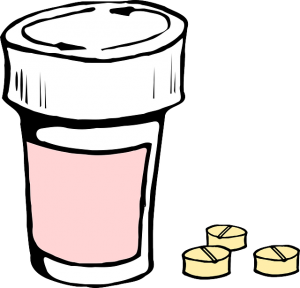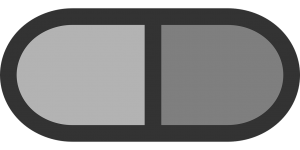Important Facts about India’s Generic Medicines
As of 2020, the size of India’s population is about 1.4 billion, just a little under China’s, making India, the second most populated country in the world. Yet despite the enormity of its population size, the pharmaceutical industry is unable to profit greatly in providing medicines to billions of Hindustanis. You see, in India, the government has made it mandatory for medical practitioners to prescribe only generic medicines. 
Statistically, India is the largest producer of genetic medicines, being the supplier of about 50% of the demand for generic medicines and fitness supplements in the United States. However, those not familiar with the concept of generic medications harbor doubts about the effectiveness of this type of medicine.
Are Generic Medicines Effective?
First off, it should be clear that generic medicines are called as such because each type of generic mediciney is labeled according to their salt component. Yet by nature, they are actually and formerly branded medicines that have been approved by the Food and Drug Administration of India for brand patenting.
The patent does not necessarily include exclusivity of the right to sell the medicine once the patent for the brand name has expired. In order to maintain low costs in selling the medicine, drug manufacturers simply produce versions carrying the salt name instead of renewing the expired patent of the brand name.
Common Salt Names used in Labeling Generic Medications
The most common salt names encountered as labels of generic medications include: acetate, aluminum, calcium, chloride, citrate, gluconate hydrochloride, maleate, mesylate, nitrate, phosphate or diphosphate, potassium, sodium, sulfate and tartrate.
The salt name used by a lab depends on how acid or pH, as the basic chemical in ionized form, will be used as medication; and on how it will be administered, whether by mouth, on the skin or by injection. The type of dosage such as in capsule, tablet or syrup form is also a determinant of a salt name.
In seeing how generic medicines helped address the enormous demand for affordable healthcare medications, the government of India promulgated a law that bars physicians from prescribing commercially branded medicines.
Indian Government Introduces PCD System to Ensure Low Prices of Generic Medicines
The government of India highly supports the sale of generic medicines because they are actually formulated with the same components, and produced in the same manner as the branded medicines.  Although the name and physical features of a generic medicine is different, it has identical healing properties as the branded version. That being the case, generic medicines have the same level of efficiency.
Although the name and physical features of a generic medicine is different, it has identical healing properties as the branded version. That being the case, generic medicines have the same level of efficiency.
In order to ensure the availability and affordability of generic medicines across India, the government established the Propaganda Cum Distribution (PCD) system of distributing and selling generic medicines. Through a PCD franchise company, anyone who has the resources and capability to run a generic drug store can apply for a PCD pharma franchise. If approved, a holder of a franchise gains the right to monopolize the sale of certain generic products in a designated region.




